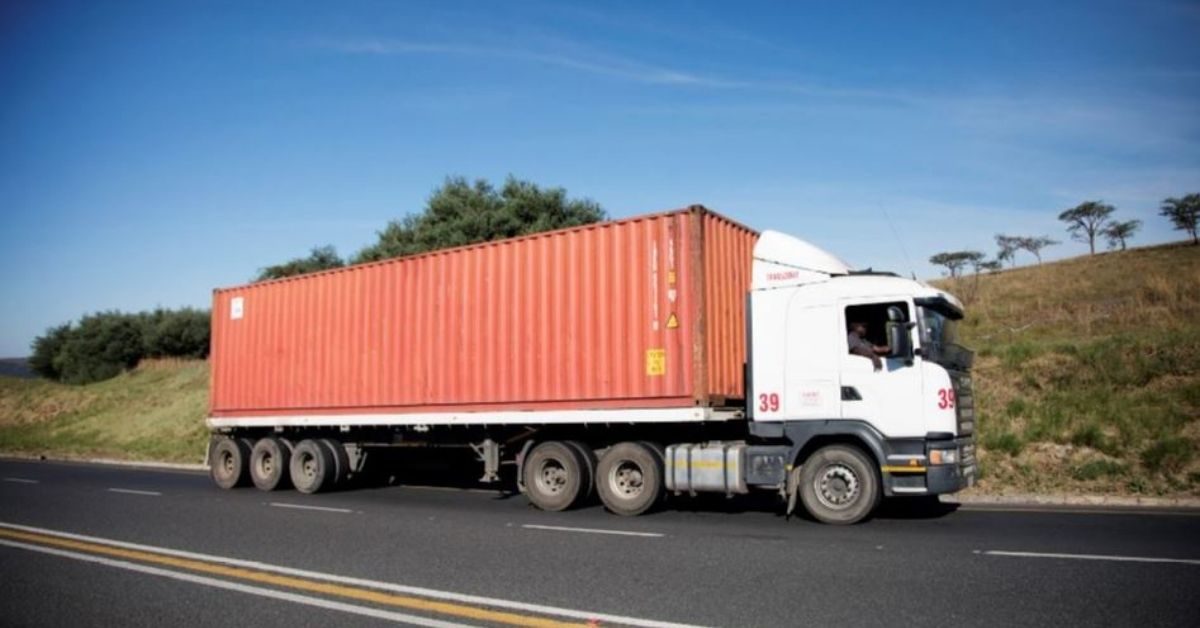The warning comes from Andrew Hoad, chief network officer, supply chain and logistics, DPWorld, who estimates the current shortfall could be as much as 12%, representing up to five million twenty-foot equivalent units (teu).
Hoad’s assessment came on the opening day of the latest convention of the Bureau of International Recycling (BIR), held online because of the Covid-19 pandemic. The main panel session had a section entitled ‘Chronic container chaos’ – and Hoad agreed global shipping and traders ‘were in a pickle’.
‘In 30 years, I’ve never seen an event where so many forecasters got it so wrong,’ he said. ‘The world was going to close down; demand was going to disappear; ships would be put up at anchor and there would be no need for more containers so we can stop producing them for a bit’.
But exactly the opposite happened. ‘Demand went through the roof and now it is not too much of an exaggeration to say that the world has run out of containers. For certain industries the ability to access a container has become a critical competitive weapon.’
Hoad warned that the focus on getting empty boxes back quickly to the lucrative Chinese exporters would hit those industries, such as recycling or paper, that traded in low value freight. DP World does not anticipate any change to the situation this year.
Obvious factors causing the stress were ‘the largest restocking event in American economic history’ and the disruption from Covid-19 causing many containers to be in the wrong place. Hoad estimated that such renewed demand normally required perhaps 10% more containers – not fewer.
A less obvious issue, he said, was that Chinese factories making new containers shut down because of the pandemic from April to June 2020. ‘In any one year approximately 3.5-4 million teu of new containers are injected into the world’s logistics system. So if you shut for a quarter you lose a million teu.’
Global fleet capacity is an estimated 50 million teu so that means a 2% shortfall. The 10% additional required capacity mentioned earlier meant shipping lines were 12% short, some five million teu. ‘You have a serious problem on your hands,’ Hoad cautioned.
Fellow BIR panellists Murat Bayram, coo of EMR agreed the situation was ‘a perfect storm’ while Mark Sellier, president of Global Metals Network, was concerned about tighter maritime regulations. ‘Some older ships will have to go slower to meet emission specifications. So new ships are needed but all the shipyards are full.’
Hoad concluded: ‘The freight industry has to do better and we have to improve the business model. For 50 years, containerisation has created standardised thinking dominated by big industry.’
He spoke about DP World’s new service, Digital Freight Alliance (DFA), which is an independent freight forwarders’ association covering more than 190 countries. DFA provides its 1 000 plus members with web-based tools, networking and commercial opportunities across sea, air and land.
Source : Recycling International







